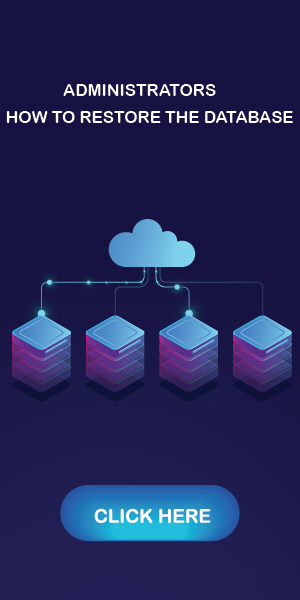Some of you had detected that the search for activities had stopped working on the main page of the program, so to find a specific one you had to search for it among the more than 6,000 activities that we have hosted between Webquest, Treasure Hunts, and Miniquest. Obviously, this made the search task almost impossible to complete.
We have been reviewing the application, discovering that for some reason that we cannot understand, the source code of the main page of the program had changed, something somewhat inexplicable because neither with the change of web nor before has we touched that code at all. Mysteries of Computer Science … the fact is that we have solved it and the search already works as before. We apologize for any inconvenience this may have caused you.


































